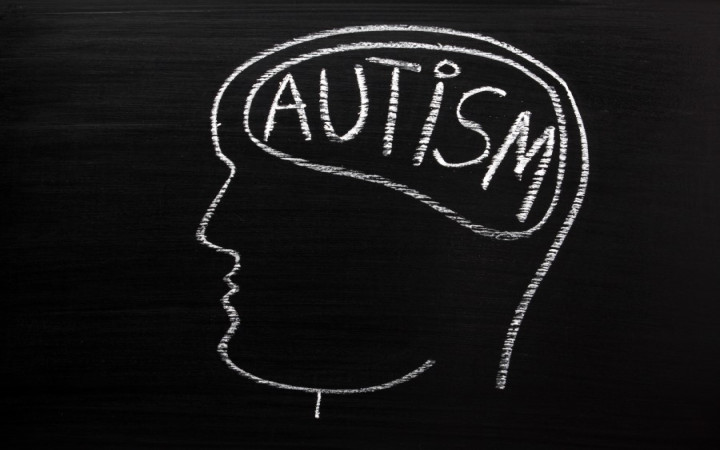Today’s Wonder of the Day was inspired by Lucy. Lucy Wonders, “What is autism?” Thanks for WONDERing with us, Lucy!
Do you have a friend or family member who has autism? Many years ago, people with autism may have been given a wide range of labels and diagnoses. Today, though, scientists and medical professionals know much more about autism and how to best support people who are Autistic.
Since 2022, the United States has celebrated Autism Acceptance Month. President Biden said, “I call upon all Americans to learn more about autism to improve early diagnosis, to learn more about the experiences of autistic people, and to build more welcoming and inclusive communities to support people with autism.” From the first World Autism Awareness Day in 2008, the movement toward acceptance and inclusion for Autistic people has grown.
We use “autism” to shorten “autism spectrum disorder” which is the full name for this difference. They might also use “ASD” to refer to autism. The word “spectrum” means that people with ASD have a wide range of abilities. Sometimes people use “on the spectrum” to talk about autism.
People with autism are neurodiverse. That means they have brains that are different. So, people with autism have brains that work differently. They might have very different ideas! They may also be very honest. You might know people who are neurodiverse but don’t have autism. That’s because people with ADHD, Down Syndrome, dyslexia, and some mental health conditions are also neurodiverse!
If you want to learn a routine, partner with an Autistic person! Many people on the spectrum are great at following a daily routine. But they may find it harder to adjust when there is a change to the order of events.
Also, Autistic people may have an area in which they know a lot! Maybe their area of interest is trains, or it could be a video game, like Fortnite or Minecraft. It could also be a school subject, like math or science! We bet they know enough to write their very own Wonder about this special subject!
People with autism could need help with a few things, too. Sometimes it is hard for Autistic people to understand jokes or get facial expressions. They might have a hard time making friends or keeping their emotions under control, too. Communication might be hard for them—that means they may not talk a lot or might have a hard time following directions or understanding what you’re saying. Different places might be too loud for them, too. Like a gym during a basketball game or a pool where lots of kids are having fun.
Sometimes when things are just too much for an Autistic person—there may be too many sounds, the lights too bright, or they are getting too much information—they may have a meltdown. It might be hard to tell the difference between a meltdown and a temper tantrum. This means the person with autism is having a hard time because they are overwhelmed. If this happens to a friend, give them time. Once they seem to have calmed a bit, ask if they’re okay. And, give them space—try anything that might help. Maybe make the room quieter, turn down the lights, or stop the activity, if you can.
Four times more boys than girls have autism. Experts think that family history may play a role. There is still a lot to learn about autism. Estimates from the CDC in the U.S. state that about 1 in 36 children are identified with ASD in a 2020 sample of 8-year-olds. There has been an increase since 2000, too. This might be due to how we define ASD and that experts are getting better at diagnosing it.
It is important to know that autism is not a disease—you can’t catch it from someone. And no two Autistic people are alike! But the most important fact to remember is that Autistic people can make great friends! Just like all friends, sometimes they need a little patience and understanding.
Do you have autism? Do you know someone with autism? What makes them special to you?




